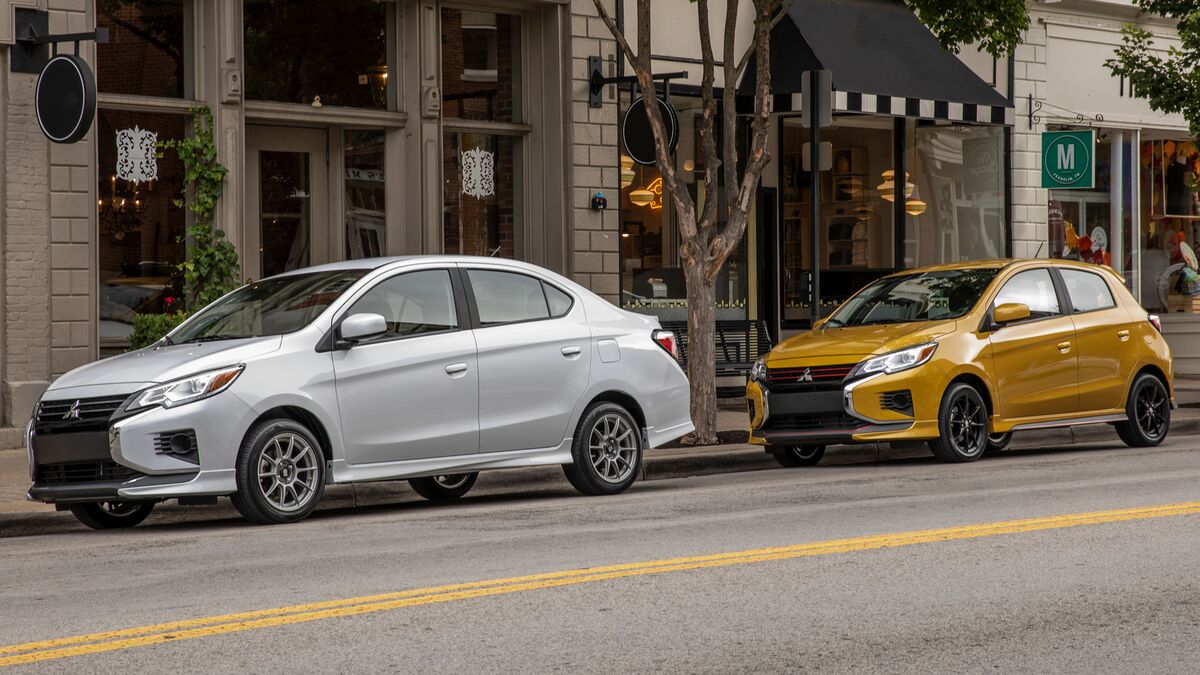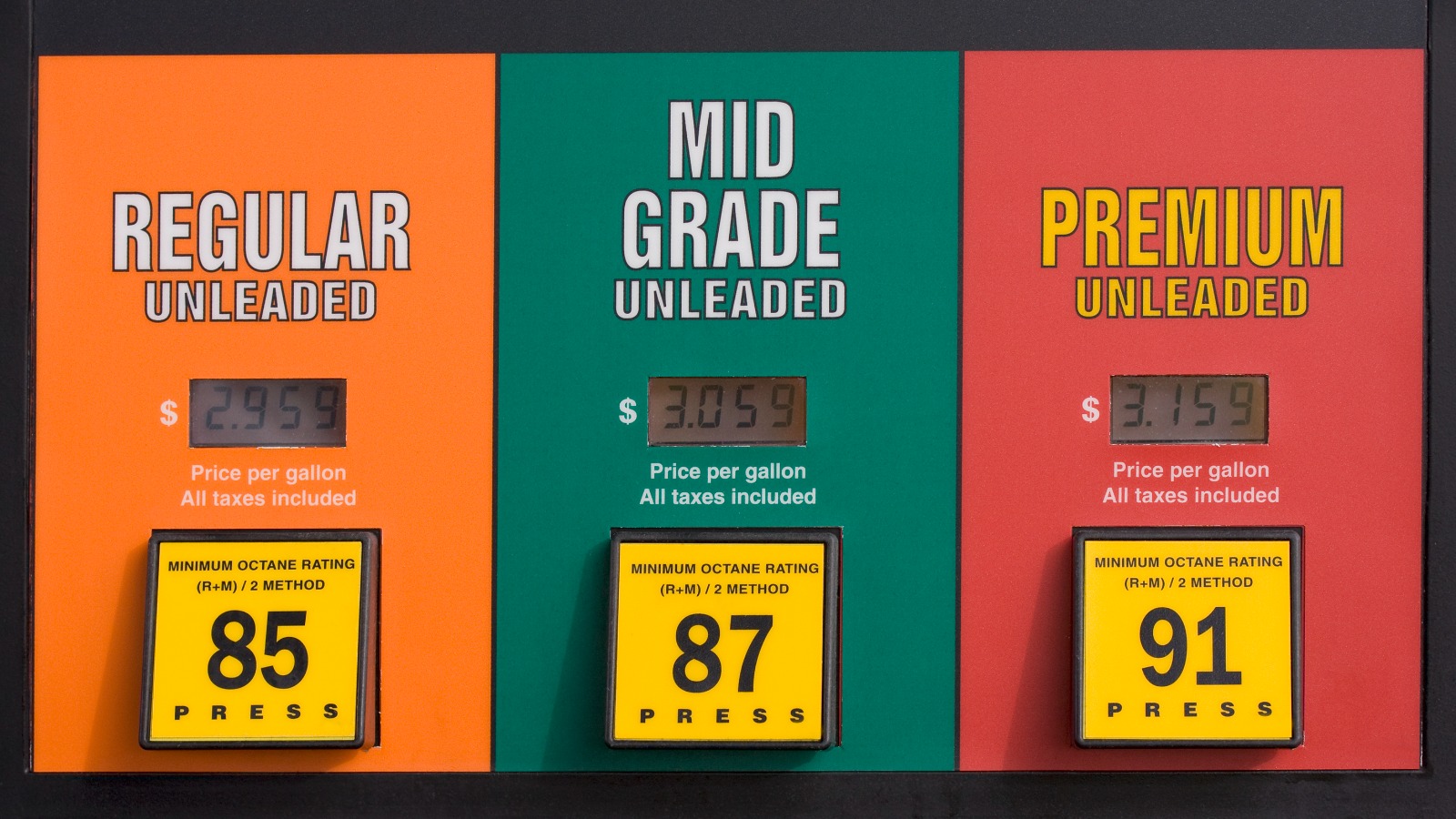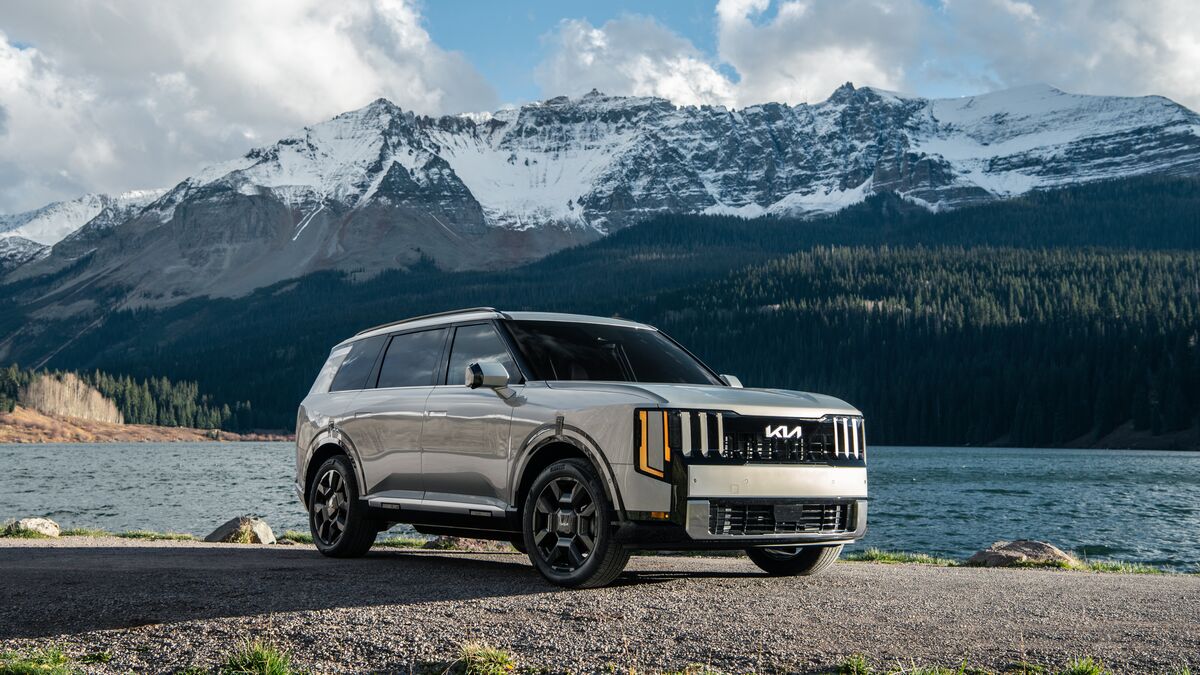- There’s only one car left that routinely sells for under $20,000 – the Mitsubishi Mirage
- Mitsubishi has stopped making it, and dealers are running out of them
By the end of this summer, some American car shopper will likely drive home in the last vehicle to sell for under $20,000.
In June, Kelley Blue Book data show, only one new car in America sold for an average price under that line. Mitsubishi Mirage buyers paid an average of just $18,484.
But Mitsubishi has built its last Mirage. The company announced the end of the little subcompact last summer.
Most automakers aim to keep about two months’ worth of cars for sale on dealer lots, but the Mirage is a slow mover (take that every way you can), and U.S. dealers today have about 1,700 left to sell. They sell a little more than a thousand a month.
At the current sales pace, they’re likely to run out in late summer.
The Nissan Versa also carries a list price under $20,000, including delivery fee. But you’d have a hard time finding a bare-bones base model Versa S at all. Dealers rarely stock the model. The average Versa sold for nearly $22,000 last month.
The Affordable Car Is Dying
- Automakers increasingly focus on wealthier, better-credit buyers in the U.S.
- Overseas, affordable electric cars are common
In December 2017, automakers produced 36 models priced at $25,000 or less. Five years later, they built just 10.
Now, most of those 10 are gone and the remainder are on short time. The least-expensive cars tend to come from factories in South Korea or Southeast Asia. America’s aggressive new car tariffs hit those areas hard, and could lead automakers to trim the remaining inexpensive models from their lineups.
Many European, South American, and Asian markets rely on inexpensive electric vehicles (EVs) from China to fulfill the needs of bargain car shoppers. Chinese-built EVs have increased the quality of their products in recent years. The country now both buys and builds more cars than any other market. Its low-priced EVs can quickly reshape a country’s car market once they arrive.
The U.S. has enacted trade barriers to keep them out, including hefty tariffs and outright bans on Chinese-derived software.
But America’s automakers are losing a tool that could help them make their own low-cost EVs. A new law passed recently will end the federal government’s $7,500 EV tax credit this fall.
At least one automaker planned a new sub-$20,000 car with the help of the tax credit. Startup Slate Auto pitched an electric pickup with a target price under $20,000 after the rebate. The company has recently admitted that, with the incentive gone, its trucks will sell for a price in the “mid twenties” instead.








